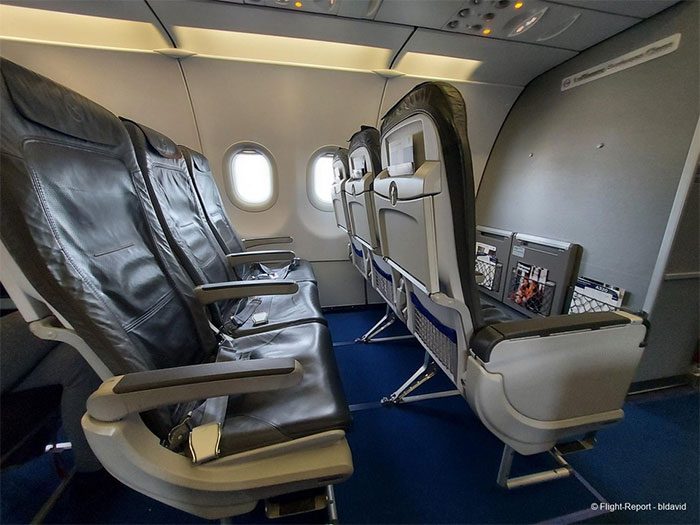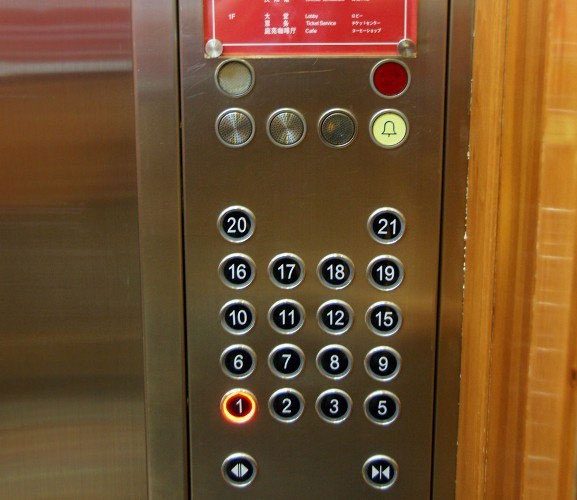For various beliefs and cultures around the world, certain seat numbers such as 4, 13, 14, or 17 may not appear on airplanes.
Several airlines globally, including Ryanair, Air France, Singapore Airlines, Cathay Pacific, Qatar Airways, Emirates, KLM, Iberia, and Lufthansa, skip row number 13 on some aircraft, according to Euronews. This relates to “triskaidekaphobia”, or the fear of the number 13.

Row 17 is also omitted by some airlines. (Photo: Flight-Report).
Cultural superstitions about numbers exist in both Christianity and Norse mythology. In Christianity, Judas, the betrayer, was the 13th guest at the Last Supper.
Similarly, in Norse mythology, Loki was the 13th to attend the Valhalla feast. In the 1700s, the legend of “the 13 at the table” first emerged. This legend suggests that if 13 people sit at the same table, one will die within the year.
Meanwhile, the number 17 is also omitted by some airlines. The belief is that 17 is unlucky for some because the Roman numeral XVII, when rearranged, translates to “my life has ended” in Latin.
In a social media post in 2017, the German airline Lufthansa stated: “Rows 13 and 17 are omitted because they are considered unlucky numbers.”
The airline elaborated on its website: “In some cultures, number 13 is considered unlucky. That is why there is no row 13 on our planes, as we respect this belief. No one should feel that sitting in row 13 is unlucky.”
In some countries like Italy and Brazil, the typical unlucky number is 17 rather than 13.

Buildings in China often lack floors 4 and 14. (Photo: Quora).
Chinese airlines omit row number 4 on their planes, as the word for the number 4 in Chinese sounds similar to the word for death (死). Therefore, buildings in China often go directly from the 3rd floor to the 5th, skipping the 4th floor entirely. The number 14 is also skipped by some Chinese airlines for similar reasons, as in Mandarin, 14 sounds like “has died”.
Not only airlines avoid the number 13, but some hotels and cruise ships also do not have a deck or floor 13.


















































